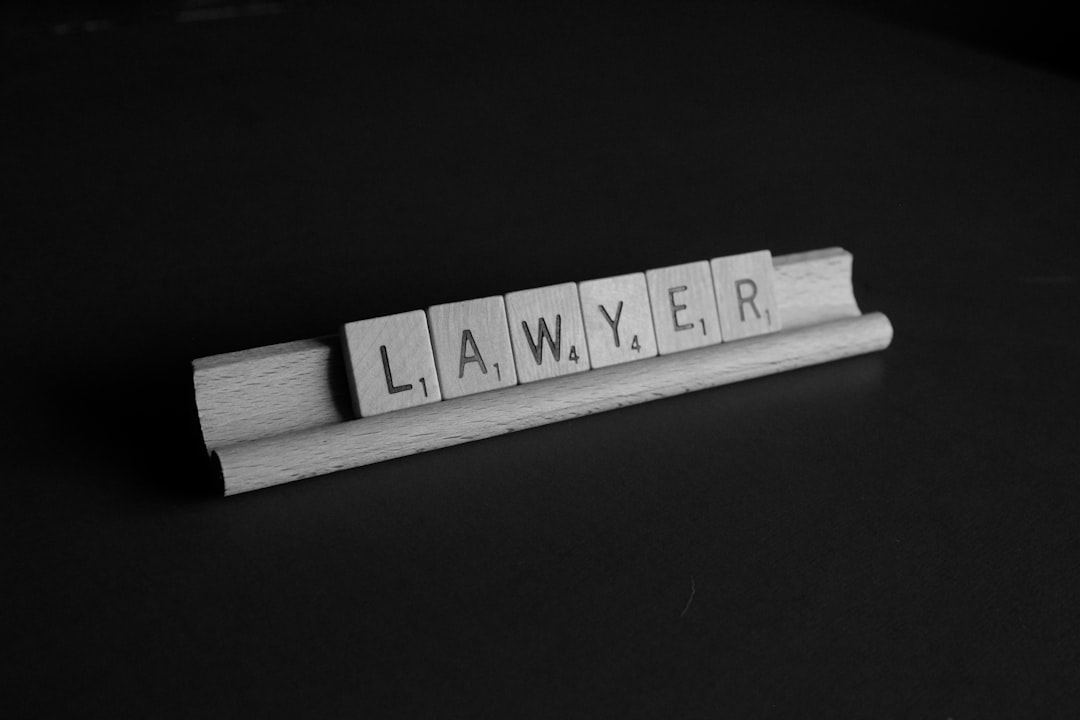Protecting client data in the legal sector requires investment in specialized law office equipment like secure document storage, encrypted communication platforms, and robust encryption software. Access controls, multi-factor authentication, regular security updates, and ongoing training are crucial to safeguard digital assets, maintain client trust, and meet regulatory standards.
In today’s digital age, securing client data is paramount for law offices. This article delves into the critical aspect of protecting sensitive legal information within legal practices, exploring essential tools and best practices. Understanding the unique security needs of law offices is key; from encryption software to access controls, effective management ensures compliance and maintains client trust. Discover how the right law office equipment can revolutionize data security, fostering a safe and efficient working environment.
- Understanding Client Data Security Needs in Law Offices
- Essential Tools for Protecting Sensitive Legal Information
- Best Practices for Secure Data Management at Law Firms
Understanding Client Data Security Needs in Law Offices
In the dynamic landscape of legal practice, safeguarding client data is paramount. Law offices house sensitive information that requires robust security measures to protect against unauthorized access and potential breaches. Understanding the unique data security needs specific to law offices is essential for maintaining client trust and ensuring compliance with ethical and regulatory standards.
Law office equipment, from secure document storage systems to encrypted communication platforms, plays a crucial role in achieving these goals. By investing in cutting-edge technology and implementing stringent protocols, legal professionals can safeguard confidential records, ensure data integrity, and meet the evolving expectations of their clients.
Essential Tools for Protecting Sensitive Legal Information
In the legal field, where sensitive information and client privacy are paramount, securing data is non-negotiable. Law offices must invest in robust tools to safeguard their digital assets and maintain the confidentiality of client details. Encryption software is a cornerstone of this security strategy, ensuring that data stored and transmitted remains unreadable to unauthorized parties.
Additionally, access controls and multi-factor authentication are indispensable law office equipment. These measures ensure that only authorized personnel can access confidential files, minimizing the risk of data breaches. Regular updates and patches for security systems are also crucial, as they patch vulnerabilities and protect against emerging cyber threats.
Best Practices for Secure Data Management at Law Firms
Law firms, as custodians of sensitive client data, must implement robust best practices for secure data management. This includes encrypting all data at rest and in transit using industry-standard encryption protocols, such as AES-256, to protect against unauthorized access. Access controls should be strictly enforced, with role-based permissions granted only to authorized personnel who require the information. Regular security audits and vulnerability assessments are essential to identify and mitigate potential risks.
Additionally, law offices should invest in secure hardware and software solutions tailored for legal practices. This encompasses firewalls, antivirus programs, and data loss prevention (DLP) tools designed to safeguard against cyber threats. Implementing multi-factor authentication adds another layer of security, ensuring that even if credentials are compromised, unauthorized access remains difficult. Regular employee training on cybersecurity best practices is crucial to fostering a culture of data protection within the law office equipment and systems.
In the digital age, securing client data is paramount for law offices. By implementing robust tools and adhering to best practices, legal professionals can safeguard sensitive information, ensuring compliance and maintaining client trust. Investing in secure law office equipment is not just a practical step but also a strategic one, fostering efficiency while mitigating potential risks.
